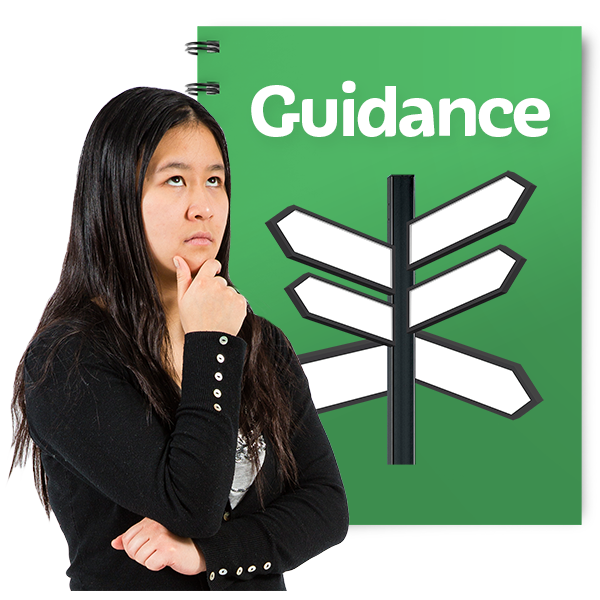Today,
the Government
 The Government are the people who run the country. The Government decide how much tax people should pay and how things like the National Health Service (NHS) should work.
updated their
guidance
The Government are the people who run the country. The Government decide how much tax people should pay and how things like the National Health Service (NHS) should work.
updated their
guidance
 Guidance means being given clear instructions to be able to do something well.
for those who are classified as 'clinically extremely vulnerable.' This included adding adults who have Down's syndrome to the shielding list.
Guidance means being given clear instructions to be able to do something well.
for those who are classified as 'clinically extremely vulnerable.' This included adding adults who have Down's syndrome to the shielding list.
The new guidance comes into force on Thursday 5th November and advises people who are classified as being most at risk to stay at home as much as possible but confirms that they can still go out for exercise.
Adults who have Down's syndrome are now classified as clinically extremely vulnerable and are strongly advised to shield. Children who have Down's syndrome are not classified as clinically extremely vulnerable and families do not need to follow the shielding guidance.
The Government also announced that support will be reinstated for those who are advised to shield.
Edel Harris, Chief Executive of the learning disability
A learning disability is to do with the way someone's brain works. It makes it harder for someone to learn, understand or do things. charity Mencap, said:
“Adding adults who have Down’s syndrome to the shielding list could lead to even higher levels of loneliness for people in this group. The risk of catching COVID-19 must be balanced with people’s well-being. The Government must make sure guidance for individuals and social careSocial care means the services that give care and support to people who need it. providers is accessible
Accessible means something is easy for people to use or join in with. For example: Accessible writing means the writing is easy to read and understand. and gets the balance right for both people’s physical and mental health.
“We are deeply concerned that this new measure could also lead to further problems for people with Down’s syndrome when accessing healthcare, including more inappropriate ‘Do not attempt CPR’ notices being placed on individual’s medical files. The clinical frailty scale must not be used to assess people with a learning disability for medical treatment, including people who have Down’s syndrome. NHS England and the Care Quality Commission need to keep a close eye on this and make sure healthcare professionals follow the guidance.”
Read Department of Health and Social Care’s announcement in full here: https://www.gov.uk/government/news/clinically-extremely-vulnerable-receive-updated-guidance-in-line-with-new-national-restrictions
Read Mencap’s latest easy-read information about the coronavirus pandemic here: https://www.mencap.org.uk/advice-and-support/coronavirus-covid-19.
- Ends –
For further information or to arrange interviews with a Mencap
spokesperson
 A spokesperson is someone who speaks up about something. They usually speak up on behalf of a group or
organisation
A spokesperson is someone who speaks up about something. They usually speak up on behalf of a group or
organisation
 An organisation are a group of people who work together.
.
or
case study
An organisation are a group of people who work together.
.
or
case study
 A case study is a piece of writing that tells people more information about someone's experience.
, contact Mencap’s media team on:
A case study is a piece of writing that tells people more information about someone's experience.
, contact Mencap’s media team on:
- media@mencap.org.uk
- 020 7696 5414 (including out of hours).
Notes to editors:
About Mencap
There are 1.5 million people with a learning disability in the UK. Mencap works to support people with a learning disability, their families and carers by fighting to change laws, improve services and access to
education
 Education is when you learn things. When you fill in a form to get a job, education means you write where you went to school, college or university.
,
employment
Education is when you learn things. When you fill in a form to get a job, education means you write where you went to school, college or university.
,
employment
 Employment means having a job.
and
leisure
Employment means having a job.
and
leisure
 Leisure is when you have time to do things you enjoy like playing sports or going to the pub.
facilities. Mencap supports thousands of people with a learning disability to live their lives the way they want. www.mencap.org.uk.
Leisure is when you have time to do things you enjoy like playing sports or going to the pub.
facilities. Mencap supports thousands of people with a learning disability to live their lives the way they want. www.mencap.org.uk.
For advice and information about learning disability and Mencap services in your area, contact Mencap’s Freephone Learning Disability Helpline on 0808 808 1111 (10am-3pm, Monday-Friday) or email helpline@mencap.org.uk.
What is a learning disability?
- A learning disability is a reduced intellectual ability which can cause problems with everyday tasks – for example shopping and cooking, or travelling to new places – which affects someone for their whole life;
- Learning disability is NOT a mental illness or a learning difficulty, such as
dyslexia
 Dyslexia is a learning difficulty. People who have dyslexia can find it hard to read, write and spell.
. Very often the term ‘learning difficulty’ is wrongly used interchangeably with ‘learning disability’;
Dyslexia is a learning difficulty. People who have dyslexia can find it hard to read, write and spell.
. Very often the term ‘learning difficulty’ is wrongly used interchangeably with ‘learning disability’; - People with a learning disability can take longer to learn new things and may need support to develop new skills, understand difficult information and engage with other people. The level of support someone needs is different with every individual. For example, someone with a severe learning disability might need much more support with daily tasks than someone with a mild learning disability.